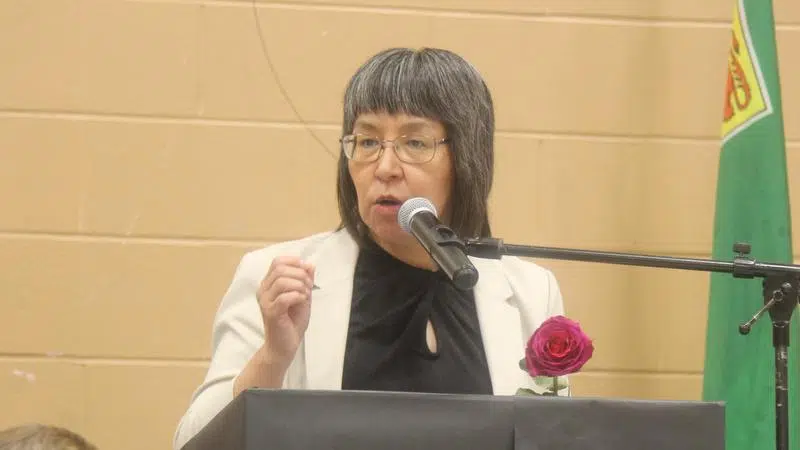
Bill to make Orange Shirt Day a federal holiday passes third reading
A new statutory holiday could be announced soon as Desnethé-Missinippi-Churchill River NDP MP Georgina Jolibois’s private member bill passed a third and final reading.
That means the bill is now headed to the Senate for the last time, and if it’s approved, it will be given to the Governor General for Royal Ascent to become law. The bill will ultimately make Sept. 30, which is currently known as Orange Shirt Day, a federal holiday to be known as the National Day for Truth and Reconciliation. Prior to an amendment made to the bill last month, the holiday would have landed on June 21 in honour of National Indigenous Peoples Day.
“Thank you so much to everyone who helped make this happen,” Jolibois posted on Facebook after the vote. “I had a moment with Phyllis Webstad following the vote and we’re still trying to find the words to describe what this means to us, to survivors, and to all those affected by residential schools in Canada.”


